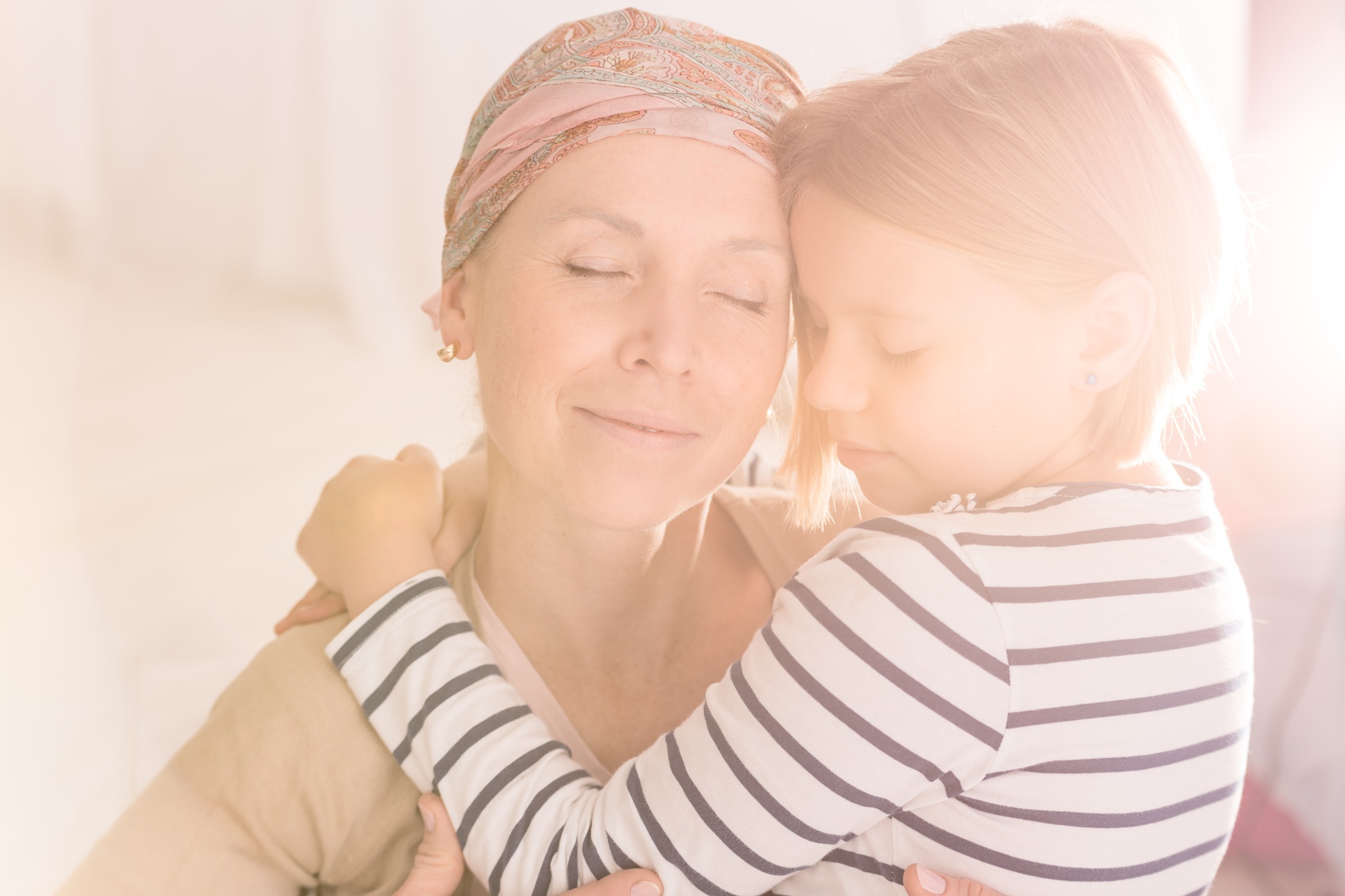What Is Reframing and Why Use It in Conflict
‘…reframing is the process of changing the way a thought is presented so that it maintains its fundamental meaning but […]
Read complete blog >>
Grief is an emotional and physical response to loss with a deep yearning to reclaim what was lost. Loss is a ubiquitous experience. Every one of us has experienced the loss of something precious to us, whether it be a loved one, our health, our job, our possessions or a pet.
Grieving is not the same for all. As the saying goes, "Each person's grief is like all other people's grief; each person's grief is like some other person's grief, and each person's grief is like no other person's grief" (Alport). Once we accept the reality of the physical loss, an emotional and/or spiritual transition begins that we call mourning. Mourning is an active effort to start living again. We look for ways to continue the bond and renewing our ways of relating to the loved one. We begin to connect with the "heart-felt" positive memories of the life we shared with our loved one.
But what if the intensity of our grief pain is disabling despite the passage of time? What if the pain of grief brings prolonged suffering? What if we cannot function or carry on with life due to the overwhelm of grief?
For around ten per cent of bereaved, grief can get complicated. When it does get complicated, the intensity of yearning is too much to bear. Being alive in the absence of a loved one may become a source of continual guilt with a constant need to be with the deceased.
Also, if the circumstances of loss were tragic, post-traumatic intrusive memories, flashbacks and nightmares may emerge. We may become fearful of future losses. We may avoid relationships for fear of losing others. Or, we become too fearful of being alone without others around us. We may find it hard to remember positive memories of the loved one. Some may have constant ruminations and thoughts about the tragic circumstances of the loss.
Children may not register death in the same way as adults. As adults, we may be able to make sense of the natural and expected deaths, but for children, the expected deaths of someone they were close to, like a grandparent, can be overwhelming and continue to feel unresolved. The symptoms of a bereaved child may be subtle, like mood changes, increase in defiance, loss of interest in food, sleep disruption, feeling tired quickly, or changes in their school performance, peer relationships and even how they play. They may not have words to share what does not make sense to them.
Grief may stall for various reasons. These reasons may stem from the nature of the loss but also from the circumstances surrounding the loss. Grieving may be difficult if the mourner has witnessed their loved ones suffering from prolonged illness. Experiencing multiple deaths in a short space of time, or when the relationship with the deceased was filled with unresolved conflicts, complicates grieving. Other complicating factors include, for example, when death is perceived as shameful for the mourner. Thsi can happen when a loved one killed themselves or death happened in prison. Sudden, unexpected and traumatic deaths, as in accidents, wars, or homicides, bring states of shock and disbelief.
The context of grieving is as important as the nature of the death. At times safety has to be prioritized over mourning. If circumstances around grieving were not safe, for example, family feuds, relational conflicts, having no time to grieve as other family members' grief and emotional needs had to be prioritised, or if relationships were not safe. Messages from others can close down expressions of unresolved grief, like "You should move on" and "It is time to let go".
Not everyone needs therapy. Having safe connections and understanding from others is all one needs. However, prolonged unresolved grief may need attention. Therapists can offer safe holding space, validation and specific therapeutic approaches to help grievers process shock, disbelief, guilt, shame, and unspoken conflicts that have put the spanners on the wheel of grief. Discuss with your doctor or therapist what options are available for you and your family.
Articles on www.hoopfull.com may feature advice and are for informational purposes only. It is not intended to be a substitute for medical advice, diagnosis or treatment from a trained professional. In an emergency, please seek help from your local medical or law enforcement services.
Keep up to date with the Hoopfull community.

‘…reframing is the process of changing the way a thought is presented so that it maintains its fundamental meaning but […]
Read complete blog >>
The conscious and the unconscious mind The conscious and unconscious are terms used in psychology to describe different layers of […]
Read complete blog >>
Parenting is hard. Parenting with unresolved childhood trauma is extremely difficult. As parents, we must make sure that we have […]
Read complete blog >>